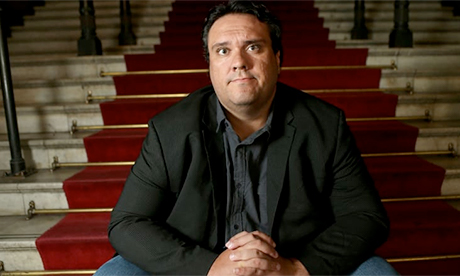Forgiveness stands out among religious virtues because it one of the most difficult to put into practice, particularly in the terms that Christ put it: love your enemies; turn the other cheek; forgive those who have wronged you.
It’s also one of the most unfashionable virtues going around, at least in the public discourse, as it’s rare to see either Christians or non-Christians urging forgiveness.
This is understandable.
In a world full of pain and suffering inflicted by human beings upon other human beings, extending forgiveness to anyone who is seen to have harmed others is hardly a high priority for most people.
Compassion for those who have been wronged is more important than compassion for those doing the wronging.
And we are indeed exhorted regularly to show compassion— for refugees, for the poor, for the disabled, for victims of violence and oppression.
This is no bad thing — the more compassion the better, and if we can make caring for our fellow humans the rule, we will create a better world.
Compassion is easy.
There is no great challenge in opening your heart to those who are suffering, or to anyone you see as an ‘ally’.
What is difficult, though, is showing compassion for people who aren’t on our side.
Forgiving our enemies, or doers of horrendous deeds. Who can forgive a murderer? Who can feel compassion for a brute?
It’s hard, but many would say that’s no problem, as there’s no point in trying it anyway.
According to one strand of thought — and an eternally popular one — forgiving wrongdoers is a bad idea and will lead to a worse society.
If we forgive, goes this thinking, we excuse, and we fail to send the message that what that person has done is wrong.
Why should we forgive? Because Jesus said so — but I don’t believe that, of course.
The reason I believe we should forgive is that it makes us better.
For me, forgiving doesn’t mean letting anyone off the hook: criminals can still be punished, people can still be held accountable for words and deeds that hurt other people.
But we can punish and inflict consequences, while still leaving open the possibility of forgiveness. Continue reading
- Ben Pobjie is an Atheist and writer from Melbourne, whose work has appeared in the Age, Crikey, Meanjin, ABC, SBS and others. He is the author of the books Error Australis and Aussie Aussie Aussie.
- Image: SMH
Additional reading
News category: Analysis and Comment.




